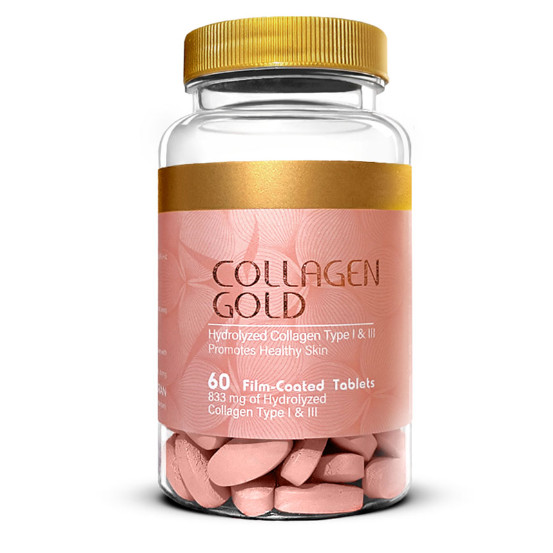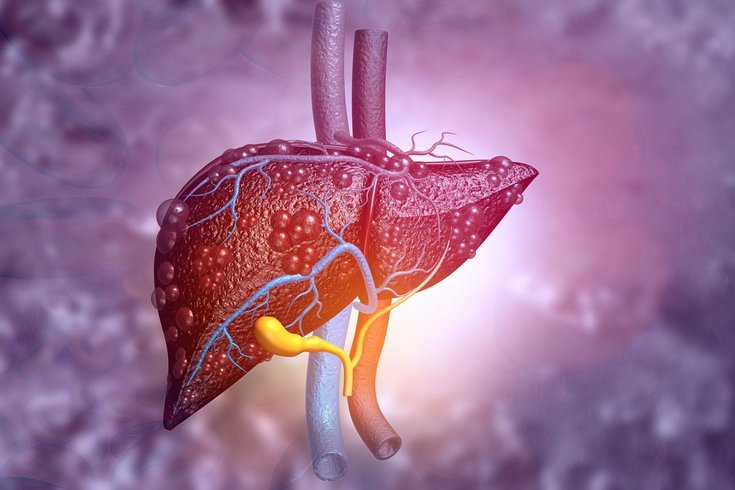How does collagen pill work? It is worth noting that most collagen supplements are hydrolyzed into hydrolyzed collagen, which is easily absorbed and then turned into tablets, capsules, and powder form.

Skin appearance is improved by collagen tablets
A study published in 2015 in the Journal of Medical Nutrition and Nutraceuticals demonstrated that taking dietary supplements containing hydrolyzed collagen, hyaluronic acid, and essential vitamins and minerals significantly improved wrinkle depth and skin elasticity. Moisturizing is also helpful.
Osteoporosis risk can be reduced
A systematic review published in Revista brasileira de geriatria gerontologia in 2016 found that hydrolyzed collagen reduces osteoporosis, arthritis, and pain while increasing bone density, protecting cartilage, and preventing arthritis.
A study published in Nutrients in 2018 found that collagen supplements increased bone density in postmenopausal women and improved markers of bone health. Thus, it increases bone formation and reduces bone deterioration.
Collagen peptides reduce muscle pain, according to a 2019 study published in the journal Amino Acids. Inflammation or bone collagen formation were not affected, however.
Taking bioactive collagen peptides on a daily basis helps to grow and strengthen nails. It also reduces nail breakage, according to a study published in Cosmetic Dermatology in 2017.
A study published in the Journal of Food Science and Technology in 2017 showed that medium and high doses of marine collagen can improve the health status of diabetic patients. Improve glucose metabolism and insulin sensitivity, reduce stress
A study published in Current Medical Research and Opinion in 2008 showed improvement in joint pain in athletes treated with collagen nutritional solution. This study shows that collagen supports joint health. Reduces the risk of joint deterioration. However, more studies are needed to confirm these findings.
A 2015 study published in the British Journal of Nutrition found that collagen supplements combined with resistance training improved body composition by increasing lean mass, strengthening muscles, and reducing fat.
Bedsores, or what is called a pressure ulcer, are an area of damage to the skin or covering tissues caused by pressure or pressure combined with shear stress. It is important to note. Bed sores can be treated with biologically active collagen along with basic treatment.
Improve the condition of elderly people suffering from meat atrophy, also known as sarcopenia. Taking collagen type 1 peptides may improve strength in older men suffering from age-related muscle loss, according to a 2015 study published in the British Journal of Nutrition. They will be able to assist.
Improvement of Achilles tendinitis: This is a condition that causes pain, swelling, and stiffness in the Achilles tendon, which connects the heel bone to the leg muscles. Collagen supplements helped people with Achilles tendonitis strengthen their calves, according to a study published in Nutrients in 2019.

These are some of the other benefits of collagen pills, but there are not enough studies to confirm their effectiveness.
- Heal wounds
- One of the benefits of collagen love for the skin is reducing eczema.
- Reduce high blood pressure.
- Sprains of the joints can be relieved with this product.
Following are the different levels of safety associated with taking collagen tablets:
It is safe to take collagen tablets orally with a maximum dose of 10 grams per day for 5 months, because side effects are rare.
Collagen tablets should not be taken in high doses during pregnancy and breastfeeding, as there is insufficient information about their safety.
Collagen tablets have some disadvantages
When taking collagen tablets, people with certain diseases should be cautious, and we suggest the following:
Collagen pills can increase calcium levels in the blood, so she cautions against taking calcium supplements with collagen pills, and only use them under the guidance of a doctor. Calcium supplement users. They warn against taking calcium supplements along with collagen tablets, and only use them under a doctor’s supervision, because collagen tablets may increase calcium levels in the blood.
High calcium levels in the body can cause the following symptoms:
- Weakness or spasms of the muscles.
- A variety of gastrointestinal symptoms, including nausea, vomiting, loss of appetite, and constipation.
- A change in the kidneys causes an increase in thirst or urination.
- Tiredness, fatigue, and confusion are more prevalent.
- Pain and thinning of the bones.
Some collagen tablets contain common food allergens, so allergy sufferers should be aware of the ingredients. In order to reduce sensitivity to these foods, people who are allergic to fish, oysters, and eggs should avoid taking collagen supplements made from these materials. Food allergies cause damage to collagen grains. Below is a list of food allergy symptoms, the most common of which are:
- Mouth tingling or itching.
- Eczema, hives, or itching of the skin.
- Lips, face, tongue, throat, or other body parts swelling.
- Wheezing, nasal congestion, or difficulty breathing.
- Pain, diarrhea, nausea, or vomiting in the abdomen.
In some cases, collagen supplements may cause mild gastrointestinal symptoms or a bad taste in the mouth, and collagen pills can increase oxidative stress and the production of harmful substances called reactive oxygen species.
Collagen tablets are available in the following dosages:
As there are no official guidelines on the daily intake of collagen, the amount that should be consumed depends on the form of collagen and the reason for its consumption. Consultation is therefore advised.
If a person follows a healthy diet and provides the body with all the nutrients necessary to produce collagen, he or she does not need to take collagen supplements. As a result of consuming protein-rich foods, the body synthesizes amino acids and nutrients. These include beef, chicken, fish, beans, eggs, dairy, and plants that contain collagen.
Collagen synthesis requires vitamin C, zinc, and copper; sources of vitamin C include citrus fruits, red and green peppers, tomatoes, broccoli, and leafy vegetables, and minerals are found in meat, shellfish, nuts, and whole grains. In addition to manganese, we brought beans. Tea, nuts, green vegetables, cereals, and bread are all sources of this antioxidant.
Overview of collagen
About 30% of the protein in the human body is collagen, which is a general term for the main structural proteins found in the skin and connective tissues of humans and animals. There are about 28 proteins in the human body. The most prominent types of collagen in the body are:
One type is collagen, which is mainly found in the skin, but also in tendons, bones, ligaments, teeth, and some connective tissues.
This type of collagen is mainly composed of cartilage and is also found in the eye.
Collagen type 3 is found in the skin, muscles, and blood vessels of children. During the pregnancy and at the beginning of a baby’s life, it plays an important role in forming the fetus.










